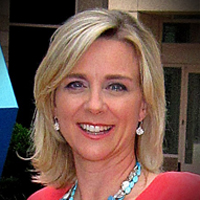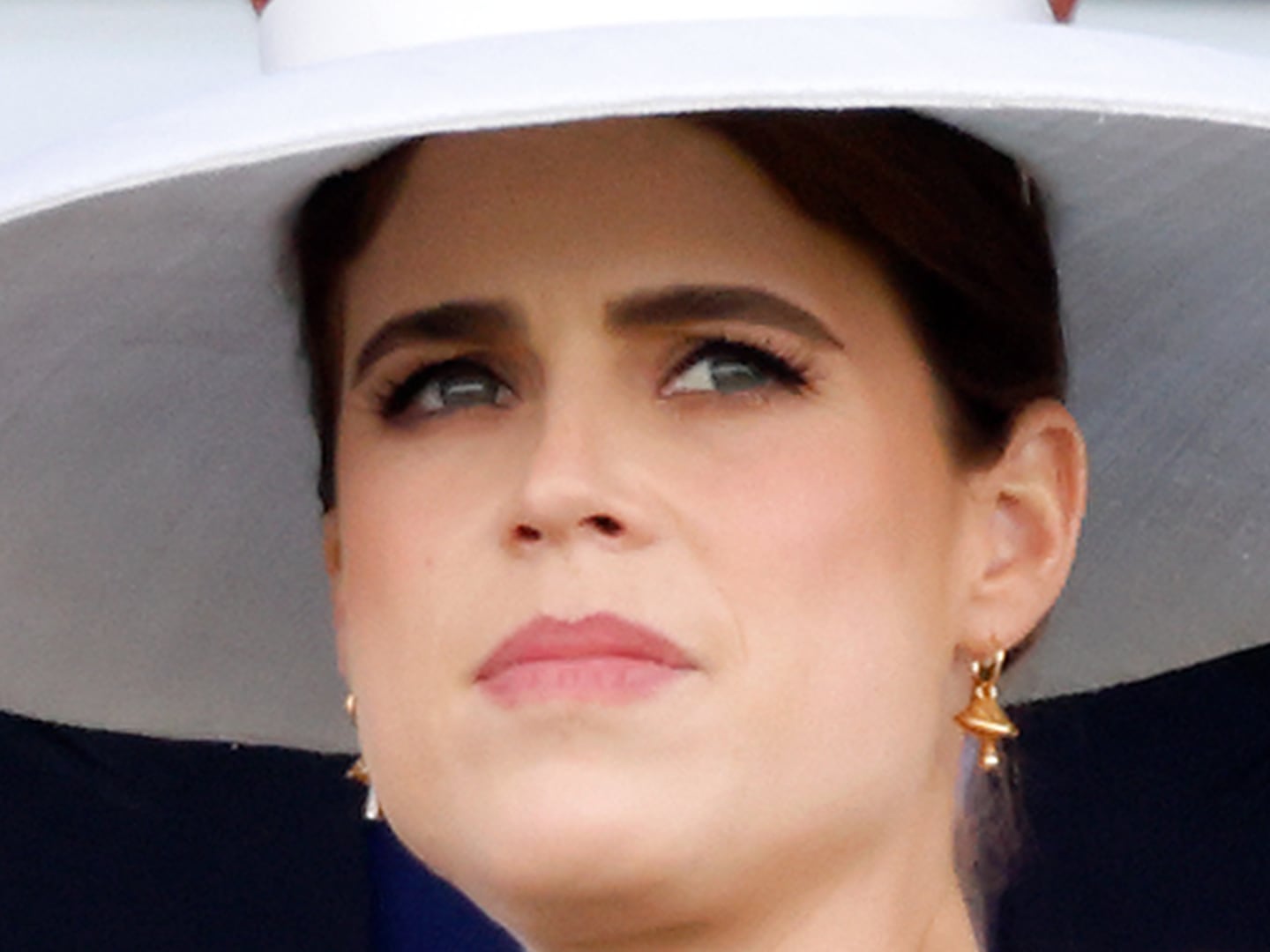Inside the bowels of the Washington Convention Center, where President Obama and his wife would soon dance in front of a well-heeled crowd of supporters, Rosemary Weaver was holding court over a boxed sandwich-and-cookie lunch.

Forget the pundits and the critics who say the magic is missing from Obama's second inaugural after a tough four-year slog. Don't try telling that to this exuberant volunteer with an infectious laugh.
"Girl, it ain't no less exciting," Weaver tells me as table mates egg her on. "It was important enough for me to come out of my house when it's cold."
Suddenly the Maryland publicist stopped joking and collected her thoughts. "You want me to go deep?" she asked. "Our forefathers died for us to be here."
Walking to one of the two inaugural balls on this Martin Luther King Jr. Day revealed that nearly all the passersby were African-American. There were a few boarded-up row houses in the lower-middle-income neighborhood, empty lots marked by razor wire and a homeless man's clothes strewn on a front stoop. This is the other Washington, less than a mile from the White House, the heart of a majority-black city that has rejoiced in his reelection.
While the television cameras capture the tuxes and designer gowns of those who have come to party with the president, it is the backstage volunteers, all dressed in black blouses, sweaters and pants, who keep the festivities humming. They are mostly African-American, some have traveled considerable distances, and they are fired up and ready to go.
Melissa Clarke, proudly uploading Facebook pictures of her volunteer badge, drove with her sister Marsha from the Harlem health center where she works. "I was very, very excited," she said. "I wasn't able to be here the first time."
The Clarke sisters, like the other volunteers, had to compete with tens of thousands of applicants vying for the chance to do the scut work on behalf of the VIP guests.
While these volunteers clearly feel emotionally connected to the 44th president, they are not blind to his mixed record. "I think he could do more for everyone, and I think he will," Clarke told me. "I'm not disappointed. I will be patient to see results that I didn't see the last four years."
Others simply expressed pride in their ground-breaking leader. "We have a president whose name is Barack Hussein Obama," Weaver declared, as if nothing more needed to be said.
David Parker, who is on active duty with the Navy, used the holiday to volunteer at the ball. "Service is something we should do, regardless of financial status," he said.
While ordinarily he would be home watching Netflix, Parker said, he views Obama as "a role model not just for African-Americans, but for people as a whole."
What's more, "I put his wife on—I wouldn't say pedestal, but she emulates a lot of things that women in general or families should look up to."
Not all the workers wearing lanyards with the word backstage emblazoned on their badges were black. Elizabeth Raitz-Cowboy, an Aetna medical director, said her husband is a full-blooded Navajo. As a result of his election, "my children now think, 'Of course I can be the president.'" She says volunteering here is "just a privilege."
One floor down, the focus of all this scurrying around was bursting into view. There were long lines of women in sequined and satin gowns, some carrying Louis Vuitton or Chanel handbags, towering on black heels, along with men in shiny black tuxedos. Some were patiently queuing up for pictures in front of an oversized seal announcing the president's inauguration.
On the cavernous cement convention floor, illuminated by strobe lighting as Michael Jackson blared from the speakers, the party faithful were snaked around buffet tables, waiting for drinks to fuel their high spirits.
But even those in haute couture echoed the same themes as the worker bees who gained admission only by promising to take on the low-level tasks.
"I never thought I would ever see a black man as president in my lifetime, not ever," said Marsha Gambles Bennett, a retired Verizon worker who bought her ticket online. "I have children and a 5-year-old grandson, and I had to document this for them."






